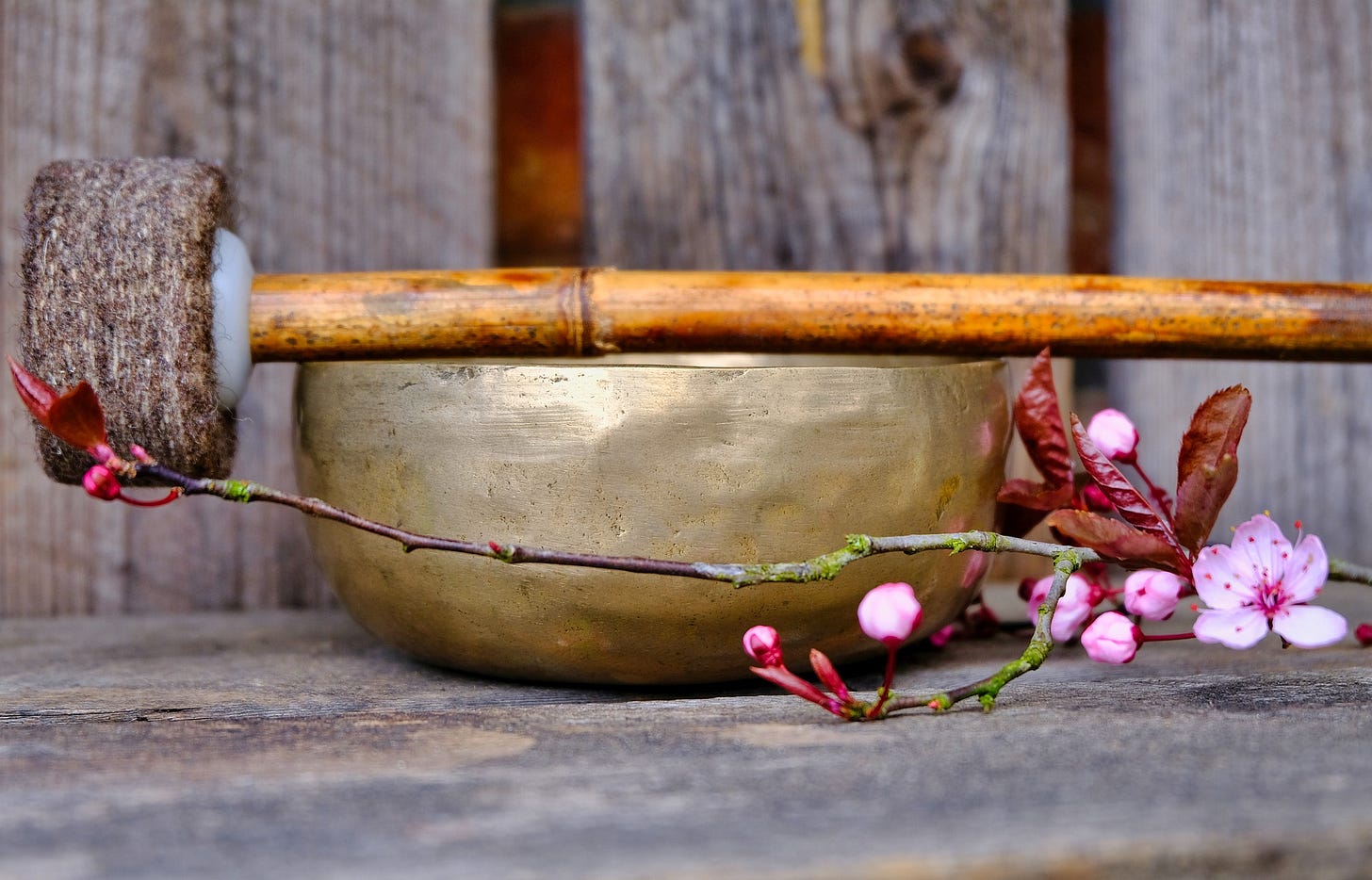There was a time in my life when I danced a lot in dark caves and wrote messy poetry. One hot sunny Sunday afternoon in August I was spinning in a warehouse surrounded by other bodies cloaked in black. I distinctively recall staring down at my speeding feet, saying to myself: “Some people dance to forget. I dance to remember.”
I’ve been an egghead since I was tiny, and though I played the piano for years and I still sing regularly to my canine flatmate, converting our home into an impromptu musical set––much to the bemusement of my partner––I’m no musician. It’s the tunes of others that have kept me going, helped me construct community, shape how I think, write, act.
Contemporary radical politics has always moved to the rhythms of sound artists. Musicians have made some of the most powerful political tracts of the 20th and 21st centuries. Just think of Billie Holiday’s haunting Strange Fruit; Pete Seeger’s anti-war songs; hip-hop; punk. My early activist days were spurred by the voices of Buffy Sainte-Marie, Tracy Chapman and Miriam Makeba, and later the kick-ass feminist rage of Riot Grrrl and the crazy antics of Chumbawamba.
But it’s not just the obvious protest genres or songs that follow us onto the streets and get the ink flowing. As writers we don’t always know where our ideas and inspiration come from. These are mysteries that are often kept in the shadows, even from ourselves. The typical acknowledgements section of a book lists teachers, other writers, editors, friends, family. But prose and verse are also nourished by other creative souls, including musicians. Joelle Taylor wrote her brutal and brilliant collection C+nto & Othered Poems, an ode to butch dykes and a lyrical record of 1990s lesbian London, to playlist from the lesbian bars of that decade.
Unlike Taylor, I don’t usually write to music. I prefer the silence of the library, the imperceptible buzz of other brains around me, or the periodic caw of the crow or crash of empty bottles hitting the bottom of the recycling bin outside my ground-floor flat. But many a thought that grew under the repeat beat of techno eventually made it to the keyboard. And the solidarity and spirit of the dancefloor have given form to my ethics and politics. Some time ago, when I was thinking back to the period when I went vegan and had a large moth tattooed on my upper back, I realised I cannot now picture those years without bright creatures, inked in colour or stark black lines, dancing on beautiful queer bodies before my eyes.
Activism and writing are often frenzied, even manic activities that can be exciting but can also take me to the edge of exhaustion. I balance them with time for reflection: long walks with my dog, swimming, binge watching TV in bed with popcorn, meditation. Mind, I’m not exactly a model meditator. I’ve done the 10-day silent retreats and had a go at morning sits, but I’m most disciplined in a group. And though I know the strict rule of meditation is to sit up straight and stay alert, my preferred style is flat on my back.
So imagine my delight some years ago when I discovered the joys of sound meditation! Sitting in a circle with a dozen other people, as Caro guides us through a warming of our vocal chords, teaching us how to use different pitches to target specific organs and joints. Or lying motionless in a cavernous room, allowing the waves of Mona’s giant gong and singing bowls wash over me, taking me deep inside while transporting me far away.
These moments come back now in a time of mourning. Over the past six months, alongside other dear friends, I’ve had to say farewell to Caroline and Mona: two magical sound artists who kept me dancing, swayed alongside me, soothed my spirit with their reverberations. In last week’s post I honoured the work of Arundhati Roy, who reminds us that one of our jobs as activist writers is to leave a record of our times. This week I take a turn in my writing to remember how Caro and Mona accompanied and showed me the way at key moments, helping my communities make the conditions for change, create the circles we call home.
For Caroline Smart and Mona Ruijs, and all who love them, with deep gratitude






This is a touching article. Was shocked to hear of Monas passing.